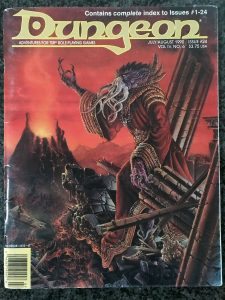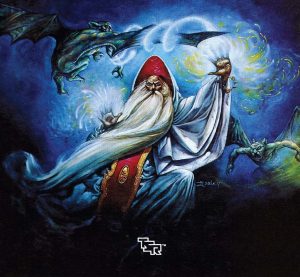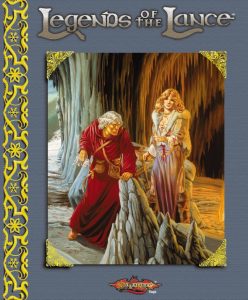
Dungeon Master Basics
The Dungeon Master isn't a player's ally in some cosmic collaboration, but rather the referee of the game, the architect of the world, and the keeper of its consistency. After years behind the screen, I've learned that players remain players, and the DM serves as the impartial guide who enforces rules, adjudicates outcomes, and crafts the narrative framework that makes immersion possible.
When newcomers assume the DM's role means teaming up with players to co-write a story, they often fall into the trap of designing puzzles and encounters aimed at "beating" the party. They stay up late plotting devious traps and brutal monsters, only to feel slighted when quick thinking or a lucky roll bypasses their handiwork. But these frustrations stem from a misunderstanding of the DM's true purpose.
The DM's task is not to "win" but to facilitate a world that reacts logically to player choices, to provide challenges that feel fair, and to weave moments of drama, suspense, and triumph into the shared experience. By acting as storyteller and arbiter - rather than secret adversary - you maintain the integrity of the world, ensure every player feels the stakes, and create a game where the real victory is in the tale that unfolds around the table.
NPCs
NPCs are tools the DM uses to keep the story moving - they're not co-authors or hidden players but simply a strong arm or guide to help the party when they need it. You might run a session with just one player, one DM, and a single NPC who never makes decisions for the player but always follows the player's lead unless overriding their choice is essential to the plot. That NPC exists only to support the player's journey, stepping in to turn the wheels of the adventure without ever stealing the spotlight.
When a player tries something that breaks the world's logic, don't shut them down with a blunt "you can't do that." Instead, you set the challenge and let the rules handle the rest. If it's out of character, you might levy an experience-point penalty. If it's a hard stunt, you demand a tough roll. If it's practically impossible, you assign a sky-high Difficulty Class and let the dice decide. For example, you'd say "sure, you can try to vault a 25-foot wall, but the DC is 40," then watch the outcome unfold without ever calling an outright "no." veto. Or if AD&D, "Go ahead and roll your Jump proficiency, but apply a -15 penalty - this is a 25-foot sheer wall. It's nearly impossible, but hey, miracles happen."
Or you can simply state, no possible - you're the DM - as long your calls are consistent, players are accepting because immersion isn't broken.
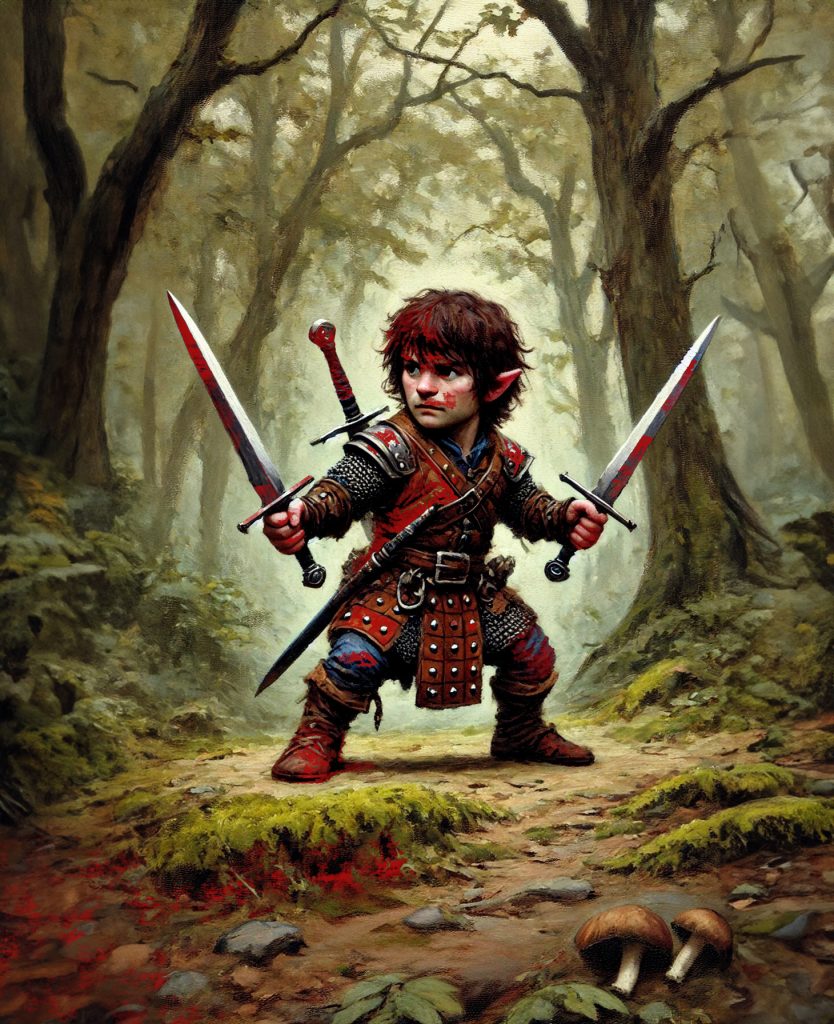
Prepare Not Over Prepare
A Dungeon Master must prepare. Period. This isn’t optional, and it’s not about scripting every moment - it’s about building the foundation of a world that reacts consistently and believably to the players’ actions. Without prep, your world has no weight. Without structure, your improvisation is just fluff with no anchor.
Yes, players will surprise you. Yes, they'll sidestep your temple and solve the plot with a whisper campaign in the royal court. That doesn’t mean you wasted your prep. It means you now have a fully fleshed-out temple, its inhabitants, and a priest you understand deeply - so when the players’ actions ripple through the world, you know exactly how it responds. That’s the payoff of good prep: immersion, not railroad tracks. You'll learn how to pivot, improv, ad-hoc. Assume anything you do prepare that half of it will never be seen or encountered during the adventure, but its there, waiting so immersion of the game doesn't break with, "Uh, mmmm, okay, so, like...uh."
Overplanning isn't the enemy - fragile planning is. If your only plan is "they must go here, do this, in this way," you’ve already lost. Real prep is about building situations, not scripts. It’s maps, factions, motivations, terrain, danger levels, and consequences. It’s knowing what that priest does if he gets cornered in court, how his acolytes retaliate, how the temple’s power structure buckles under pressure.
When you're well-prepared, you can pivot in real time without panic. You stop reacting emotionally to surprises and start responding logically, in character, in-world. That’s the mark of a seasoned DM - not avoiding prep, but building it smartly.
Trust me. I’ve done both. And the game is better, richer, and more fun when you show up ready.
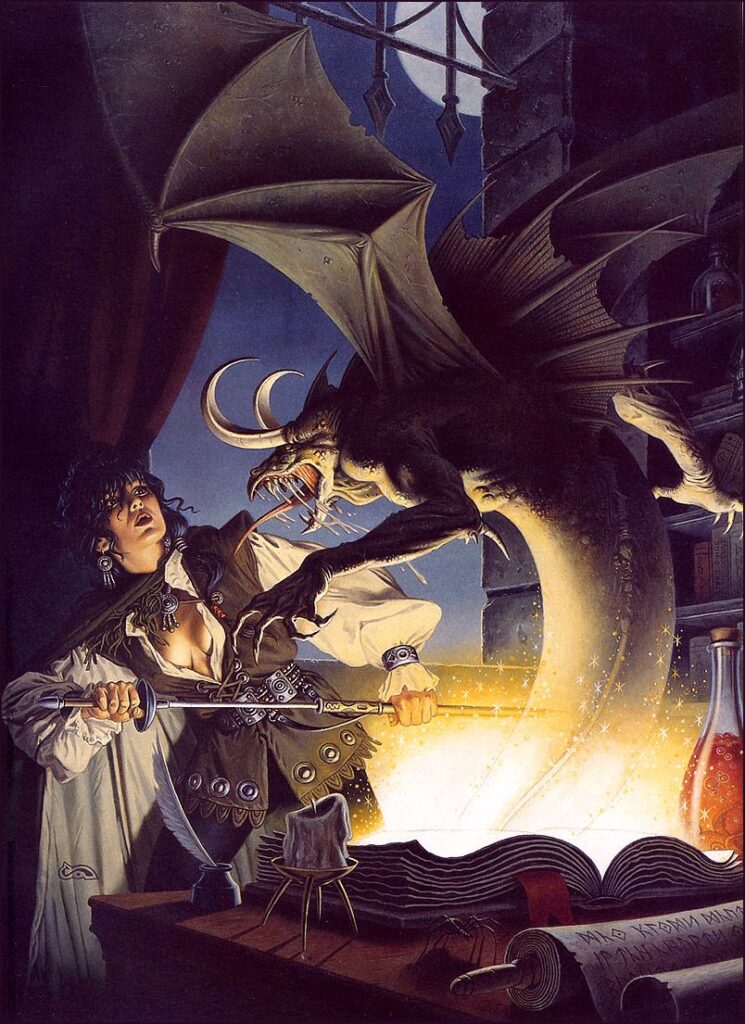
Hold the Reins
Maintain firm control over both the players and the adventures. When a novice party begins to amass a multitude of magical items, they may acquire a level of power that is disproportionate to their actual level. Such potent artifacts can enable players to brute-force solutions to challenges that should demand more thoughtful approaches. This, in turn, requires the DM to present obstacles and creatures typically reserved for higher-level characters to adequately challenge the players.
Resist the allure of excess, both in rewarding players and in devising the trials they must overcome. Overindulgence in either aspect can upset the game's balance. The Dungeon Master's role is to preserve equilibrium and maintain control.
Take a few extra moments to infuse unique flavor into your storytelling. For instance, if characters inquire about the presence of a tavern in town, seize that opportunity to immerse them in interaction with the townspeople. Role-play that engagement, rather than simply stating, "The townspeople said yes, up ahead." Engaging in this way brings depth to the world, making it more vivid and memorable for the players.
Realisms in RPG
Realism in role-playing games? Yes, indeed! While some play these games to escape reality, understanding the importance of realism within the fictional context is crucial. What makes the game enjoyable is that it's a shared fictional creation, crafted by both players and Dungeon Masters (DMs). If this fictional work is inconsistent or unrealistic within its own world's rules, it can detract from the entertainment value.
For example, if a character is an immensely high-level wizard at the young age of 22, even the flexible boundaries of a fantasy world are strained. If an army of 100 armored men can march 25 miles a day for a week without fatigue, ready to fight, then realism-and with it, the game's playability-is banished to the obscure corners of the Ethereal Plane.
Confronting players with realistic challenges fosters intellectual growth and better gaming skills. A player faced with the genuine problems of leadership might develop sharper wit and strategic thinking. Such achievements, stemming from their own actions, can lead to a richer enjoyment of the game, as players feel a sense of accomplishment that they have shaped and earned within the game's universe.
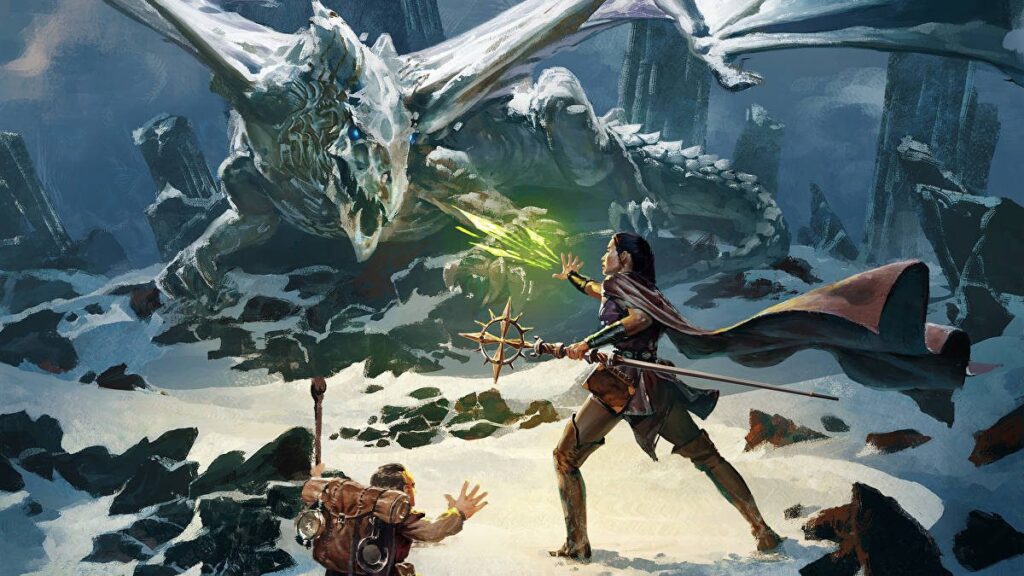
Do Not Argue
Avoid arguing with players; this stands as a fundamental principle in Dungeon Mastering. However, if a player presents a valid argument, give them your attention. Don't disregard what they view as crucial by deeming it insignificant. Take the time to articulate why a particular decision has been reached. Once the situation has been thoroughly examined and deliberated, remain firm in your ruling. If the Dungeon Master's decisions are consistent and just, they should not create tension or discord within the game.
Uphold Commitments. If a player declares that their character is attempting something, follow through with that action. Recall the example of attempting to jump a 25-foot wall? The character should indeed spend one melee round attempting that jump. When a player announces an action, hold them to their statement and don't allow them to retract it. This rule encourages players to think carefully about their actions and adds a layer of realism and consequence to the game.
Immersion
True immersion doesn’t come from funny voices or dramatic speeches - it comes from a game world that feels real, consistent, and dangerous. The more reliable your rulings, your world logic, your lore, and even your physics and magic systems, the more players will buy into the illusion. When players know the world operates under firm rules - rules you won’t change to save or punish them arbitrarily - they start treating it like a living place. That’s immersion.
Fear is another powerful tool. When actions have consequences, and danger feels real, players start to think like survivors. That’s when they look around the room for cover, light torches in dark caverns, or hesitate before kicking down every door. They start treating the environment as more than just set dressing - they see it as something that can be used, or that can kill them. This kind of reactive, instinctive thinking means they’re immersed.
Yes, encourage players to role-play. Stay in character, reward it with XP, and use NPCs to deliver information instead of breaking the fourth wall. But don’t lose sight of the deeper immersion - the kind forged in a consistent world with real danger, where the players learn to take the game seriously because the game world itself demands it.
That’s when they stop pretending to be their characters - and start becoming them.

Reward with Purpose, Not Pity
Rewarding players is essential - but it must be earned, deliberate, and consistent with the tone of your campaign. Too many DMs fall into the trap of handing out experience, gold, or magic items like party favors, especially after a weak session. Don’t compensate for a lack of prep with loot drops. That kind of inflation wrecks long-term challenge, undermines world consistency, and devalues real achievement.
Combat and spellcasting come with standard XP rewards - but the true measure of growth should also reflect clever thinking, consistent character play, and earned narrative consequences. If a player uses strategy to turn a hopeless encounter into a victory, that’s worth reward. But keep in mind: rewards aren't always tangible. Recognition, consequence, and world reaction are often more satisfying than a few hundred XP.
XP for Tactics, Not Tricks
Allow players to use real tactics: manipulation, deception, battlefield control, negotiation, distraction. If a plan is good, let it have real-world impact. Don’t reduce it to “you get 100 XP, now the guards attack anyway.” Follow through. The plan should change the outcome - good or bad.
But don’t make success cheap. Let the dice roll. Let their best-laid plans go sideways when they forget one detail. That’s what makes it feel earned. And when they succeed, they’ll remember it - not because you handed them loot, but because their actions mattered.
Let players try wild ideas, but make sure the world responds in kind. Murphy’s Law applies in fantasy too. And whether their scheme wins the day or blows up in their face, they’ll walk away feeling immersed, engaged, and hungry to try again - not just because they got XP, but because the game gave a damn.
Final Rule: Don’t reward boredom, bribery, or burnout. Magic, gold, and XP should feel like discoveries, not bandaids.
To read more about the game Dungeons & Dragons click here.

